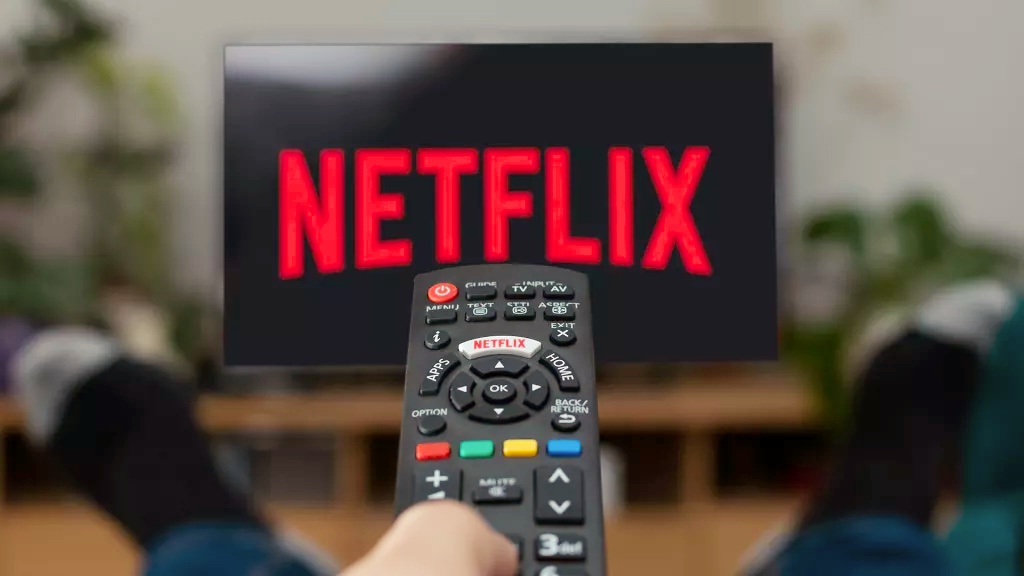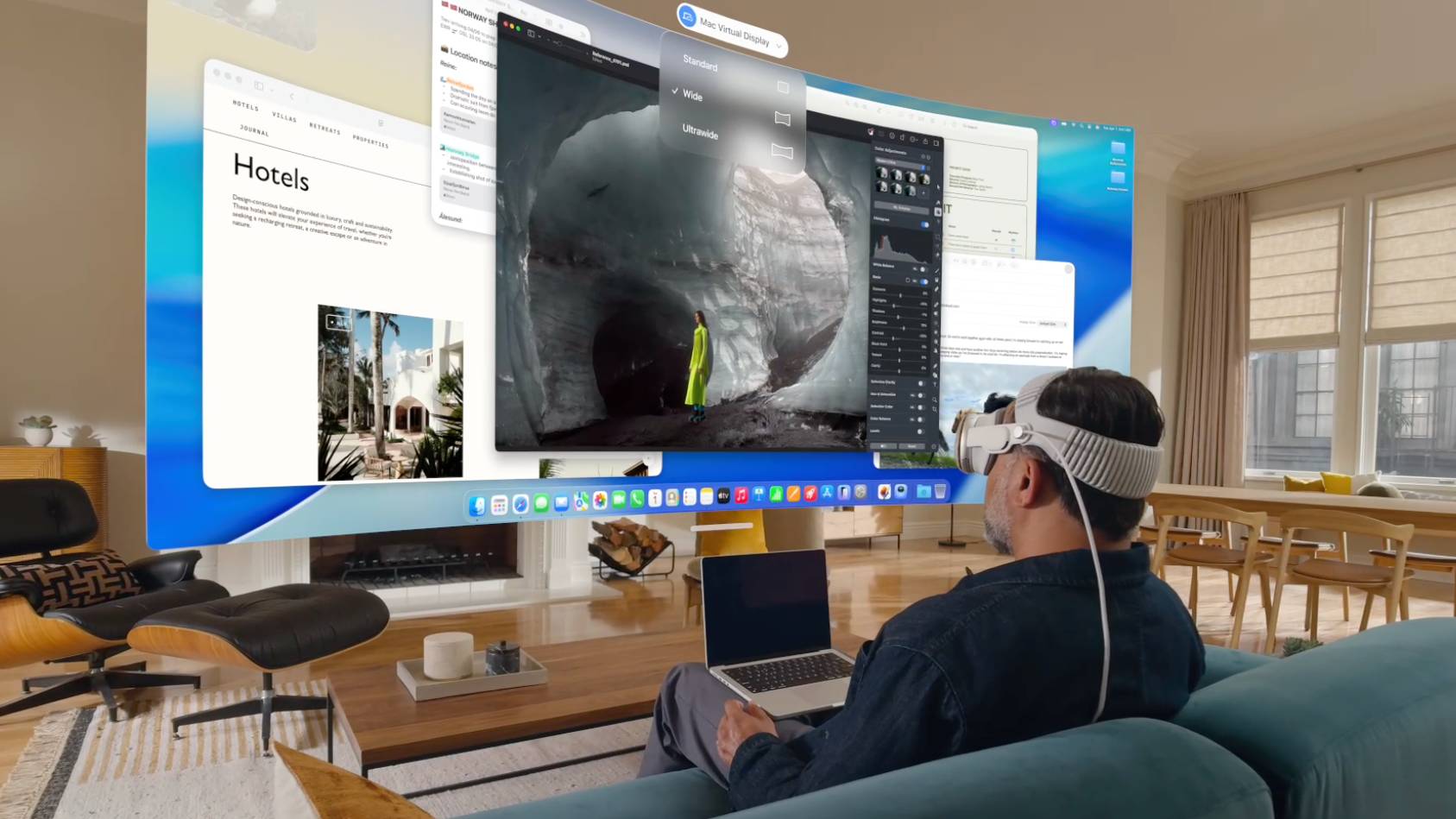Netflix password sharing could be a crime — what that means for you
Giving your password top your ex-roommate could be against the law

Here at Tom’s Guide our expert editors are committed to bringing you the best news, reviews and guides to help you stay informed and ahead of the curve!
You are now subscribed
Your newsletter sign-up was successful
Want to add more newsletters?

Daily (Mon-Sun)
Tom's Guide Daily
Sign up to get the latest updates on all of your favorite content! From cutting-edge tech news and the hottest streaming buzz to unbeatable deals on the best products and in-depth reviews, we’ve got you covered.

Weekly on Thursday
Tom's AI Guide
Be AI savvy with your weekly newsletter summing up all the biggest AI news you need to know. Plus, analysis from our AI editor and tips on how to use the latest AI tools!

Weekly on Friday
Tom's iGuide
Unlock the vast world of Apple news straight to your inbox. With coverage on everything from exciting product launches to essential software updates, this is your go-to source for the latest updates on all the best Apple content.

Weekly on Monday
Tom's Streaming Guide
Our weekly newsletter is expertly crafted to immerse you in the world of streaming. Stay updated on the latest releases and our top recommendations across your favorite streaming platforms.
Join the club
Get full access to premium articles, exclusive features and a growing list of member rewards.
The fact Netflix is cracking down on password sharing isn’t news, and the company has confirmed it will be advancing its efforts during 2023. Now it seems Netflix has found an unlikely ally in this fight, in the form of the British Government.
The Intellectual Property Office (IPO) has released new guidance around the subject of piracy this week. But while TorrentFreak notes that much of the document is similar to guidelines that were published in the past, this new version outright states that “password sharing on streaming services” is one of a number of things that “all break copyright law."
TorrentFreak contacted the IPO for clarification, and was given a statement that makes the situation abundantly clear: not only is password sharing technically a crime in the U.K., it may also be constituted as fraud.
“There are a range of provisions in criminal and civil law which may be applicable in the case of password sharing where the intent is to allow a user to access copyright protected works without payment. These provisions may include breach of contractual terms, fraud or secondary copyright infringement depending on the circumstances," the IPO explained.
The U.K.'s Crown Prosecution Service notes that using “services of a members’ club without paying and without being a member” is a clear-cut case of fraud. As is “chargeable data or software over the internet without paying.” Both of these examples could apply to sharing a Netflix password, though the odds of anyone bothering to prosecute you for sharing a Netflix password with your brother are pretty slim.
The U.K. is just one country, and not a particularly big one, but it doesn’t discount the fact that password sharing could constitute fraud in other places. The U.S. is one notable example, with a federal appeals court reaffirming that password sharing could qualify as a crime back in 2016.
Rights holders tend to protect their content and copyright by any means necessary. In the past that’s led to individuals being threatened with lawsuits over alleged copyright infringement. Whether a streaming service would pursue criminal charges and prosecution is another matter.
Get instant access to breaking news, the hottest reviews, great deals and helpful tips.
The amount of backlash would make the situation a PR nightmare, especially since Netflix appeared to be encouraging password sharing as recently as 2017. Still, sharing passwords beyond your household is against the Netflix terms of service, and the company can take action against you and your account.
That said, pointing out that password sharing could technically be a crime is the perfect justification for cracking down on it. Netflix may have previously admitted that money was the deciding factor, but it wouldn’t be surprising to see some sort of awareness campaign in the near future. Something that can be summed up as: “sharing your password is actually a crime, so you better cut that out.”
Netflix has been testing ways to crack down on password sharing over the past few months. Multiple countries in Latin America have been involved, with various different “solutions” to the issue. These range from having users declare their home devices and asking suspected password sharers to pay $3 a month more to continue. Netflix has even offered sharers the option to transfer their profiles to brand new (paying) accounts so they don’t lose their watch lists and viewing history.
We don’t know how or when Netflix will be expanding its password sharing crackdown to the U.S. and other regions — just that it will be increasing its efforts in 2023. And, considering the company technically has the law on its side, don’t be surprised if Netflix tries to make a very big deal out of it.

Tom is the Tom's Guide's UK Phones Editor, tackling the latest smartphone news and vocally expressing his opinions about upcoming features or changes. It's long way from his days as editor of Gizmodo UK, when pretty much everything was on the table. He’s usually found trying to squeeze another giant Lego set onto the shelf, draining very large cups of coffee, or complaining about how terrible his Smart TV is.
 Club Benefits
Club Benefits










